Calendar
Learn
Events

January 8 @ 10:00 am - 11:00 am
UHN Caregiver Talks: The latest news in the treatment of Alzheimer’s disease
This presentation will review the genetics of Alzheimer’s disease and Frontotemporal dementia.
Audiences:

January 29 @ 12:00 pm - 1:00 pm
Disease-Modifying Therapies for Alzheimer’s Disease in Canada: What They Mean for People Living with Dementia and their Families
This webinar will focus on how rehabilitation and technology can help people living with dementia stay at home longer and live more independently.
Audiences:
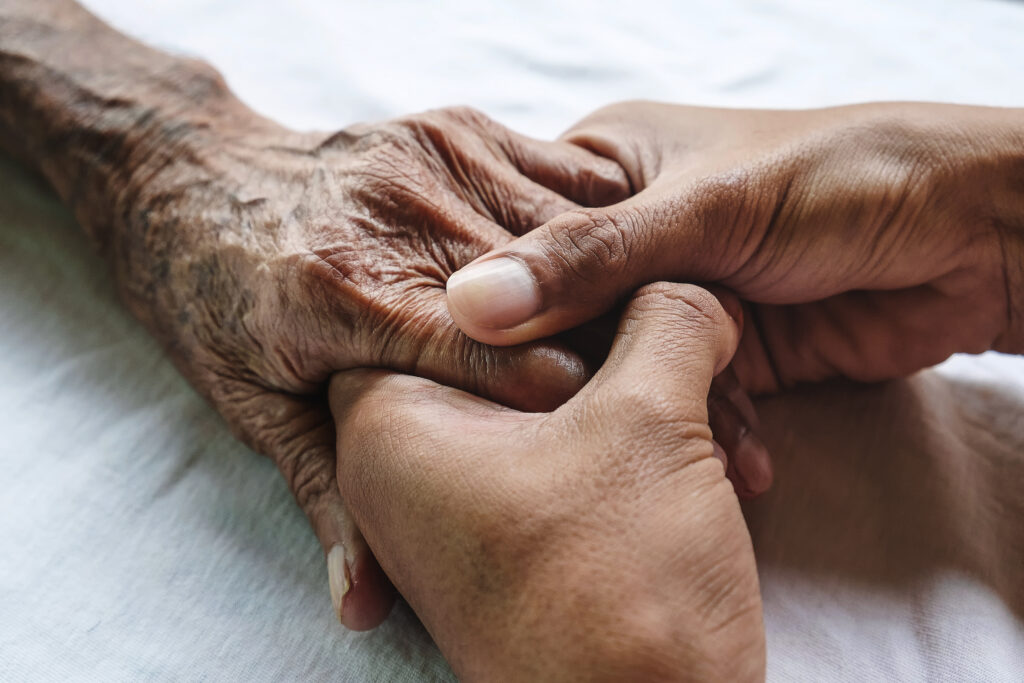
December 15, 2025 @ 1:00 pm - 2:30 pm
End of Life Care
This workshop is for care partners of persons in the late stage of dementia. It provides an opportunity to discuss issues regarding changes in the late stage, approaching the End-of-Life, making difficult decisions for this stage, grief and the need to take care of yourself.
Audiences:

December 18, 2025 @ 10:00 am - 11:30 am
Celebrating Special Occasions
AlzeducateThis workshop explores the unique challenges of celebrating holidays and special occasions. Gain practical planning tips, including strategies to promote meaningful communication with the person living with dementia.
Audiences:

December 23, 2025 @ 10:00 am - 12:00 pm
Celebrating Special Occasions
This workshop explores the unique challenges of celebrating holidays and special occasions. Gain practical planning tips, including strategies to promote meaningful communication with the person living with dementia.
Audiences:

January 5 @ 2:00 pm - 4:00 pm
Coping with Death and Grief
Losing someone who had dementia can be a unique and complex experience for those who cared for them. This presentation will explore these issues, identify various approaches to grief, and suggest ways for care partners to cope with loss.
Audiences:

January 6 @ 1:00 pm - 2:30 pm
Dementia Overview for Care Partners
This workshop will provide care partners with an overview of Alzheimer’s disease focusing on the importance of early diagnosis and illustrates the progression of the disease.
Audiences:
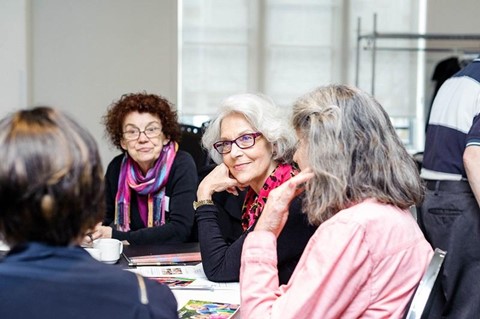
January 7 @ 10:00 am - 11:30 am
Understanding Behaviours and Supportive Communication
This workshop provides an overview of behaviours in dementia and communicating in a supportive manner. It will focus on providing participants with the knowledge of how behaviours and communication can change over the course of the disease and ways to supportively communicate with a person living with dementia.
Audiences:

January 8 @ 10:00 am - 11:30 am
Unpacking Denial in Dementia
The focus of the session will be on exploring the concept of denial and anosognosia, how it impacts persons with dementia and their care partners, and strategies for assisting families.
Audiences:

January 12 @ 1:00 pm - 2:00 pm
Dementia Overview
Barbara Frum Library 20 Covington Rd, Toronto, Ontario, CanadaJoin us at the Toronto Public Library - Barbara Frum Branch for our Dementia Overview education session. This presentation will…
Audiences:
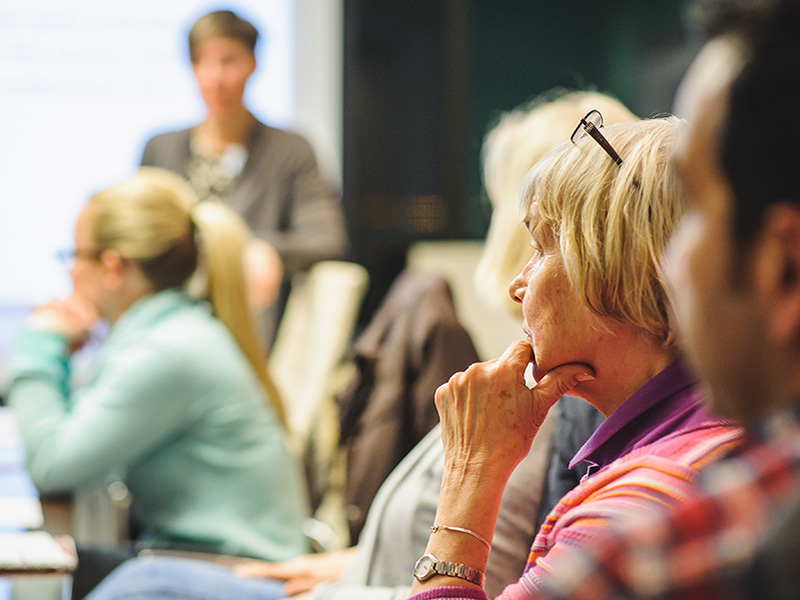
January 15 @ 1:30 pm - 3:00 pm
Learning to Live with Ambiguous Loss and Grief
Explore the concept of ambiguous loss, develop coping strategies and gain understanding of feelings of grief when caring for a person with dementia.
Audiences:

January 19 @ 1:00 pm - 2:00 pm
Brain Health
Barbara Frum Library 20 Covington Rd, Toronto, Ontario, CanadaJoin us at the Toronto Public Library - Barbara Frum Branch for our Brain Health education session. This presentation will…
Audiences:
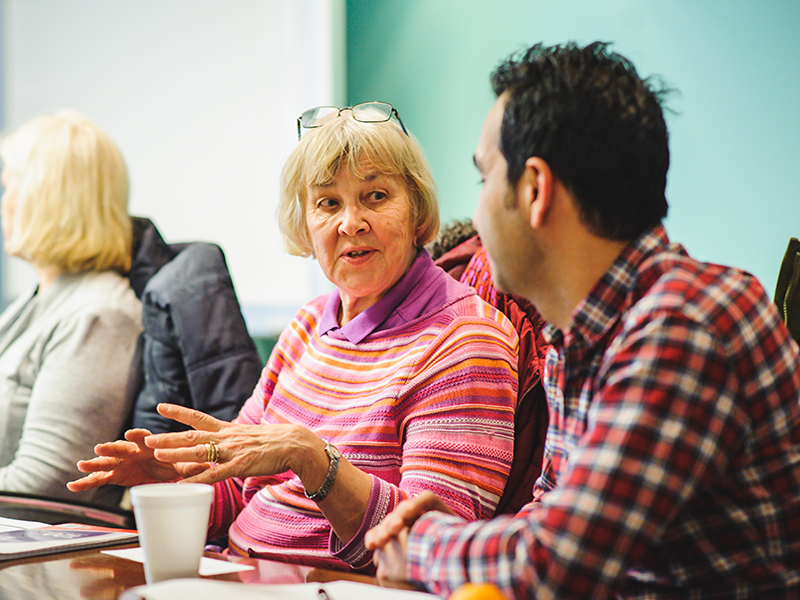
January 20 @ 10:00 am - 11:30 am
Reframing Guilt and Anger in Caregiving
This workshop is to help care partners recognize and identify the causes of guilt and anger in caregiving and develop coping strategies to reframe guilt, anger and build resilience.
Audiences:
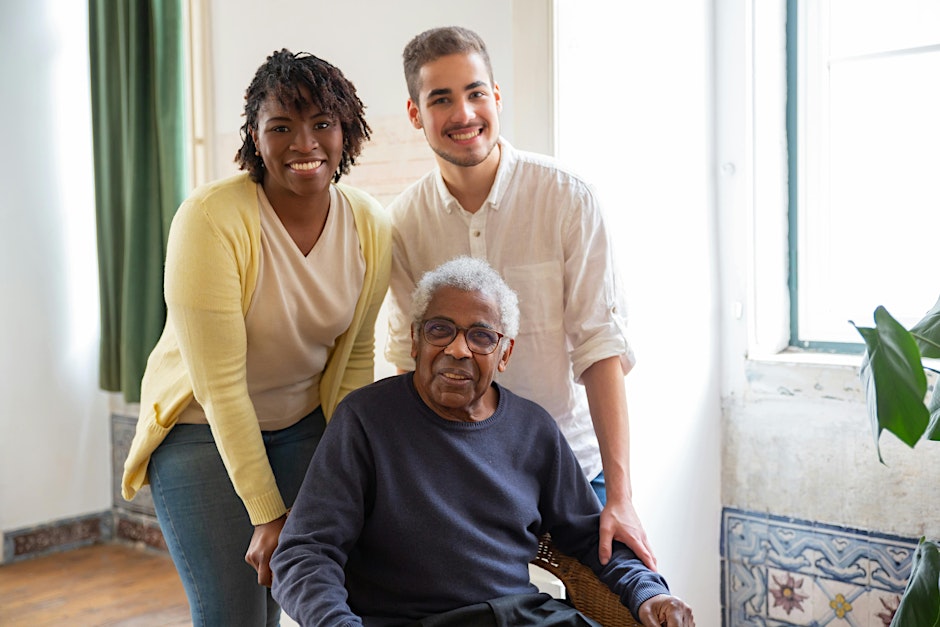
January 20 @ 5:30 pm - 6:30 pm
The Squeezed Generation: Balancing Dementia Caregiving with Everything Else
In 2020, Canadian care partners provided an average of 26 hours of care per week for their loved ones living with dementia. Many care partners juggle parenting with caring for someone living with dementia, as well as their other responsibilities.
In recognition of Alzheimer's Awareness Month, this virtual program will discuss the challenges of being part of this 'squeezed generation' as well as some practical strategies to foster resilience, connection and joy.
Audiences:
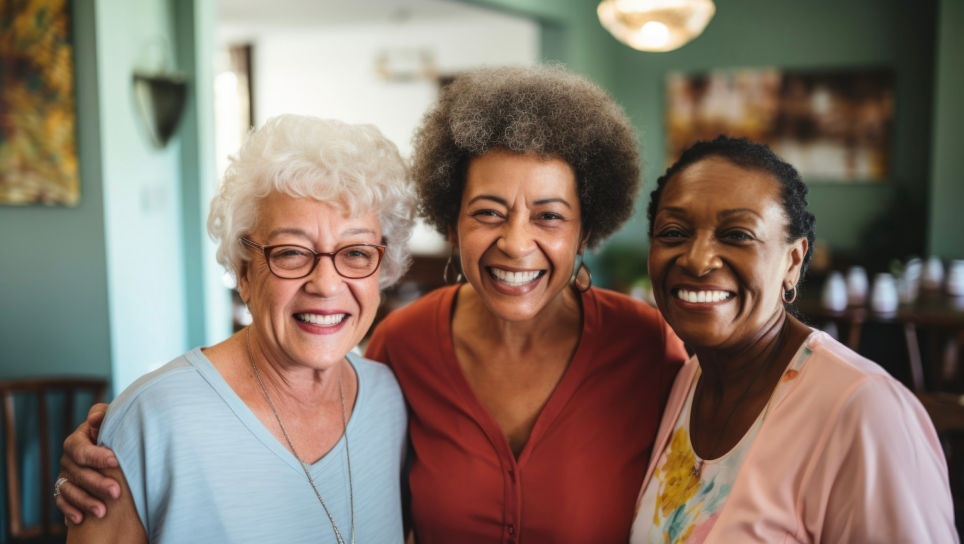
January 22 @ 10:00 am - 11:30 am
Enhancing Family Dynamics
This workshop is for care partners of individuals living with dementia. The focus of the session will be on exploring significant sources of conflict for families dealing with dementia and strategies for assisting families, building on strengths and resilience.
Audiences:

January 26 @ 1:00 pm - 2:00 pm
Living Safely in the Community
Barbara Frum Library 20 Covington Rd, Toronto, Ontario, CanadaJoin us at the Toronto Public Library - Barbara Frum Branch for our Living Safely in the Community education session.…
Audiences:

February 5 @ 10:00 am - 11:30 am
Reframing Guilt and Anger in Caregiving
AlzeducateThis workshop is to help care partners recognize and identify the causes of guilt and anger in caregiving and develop coping strategies to reframe guilt, anger and build resilience.
Audiences:
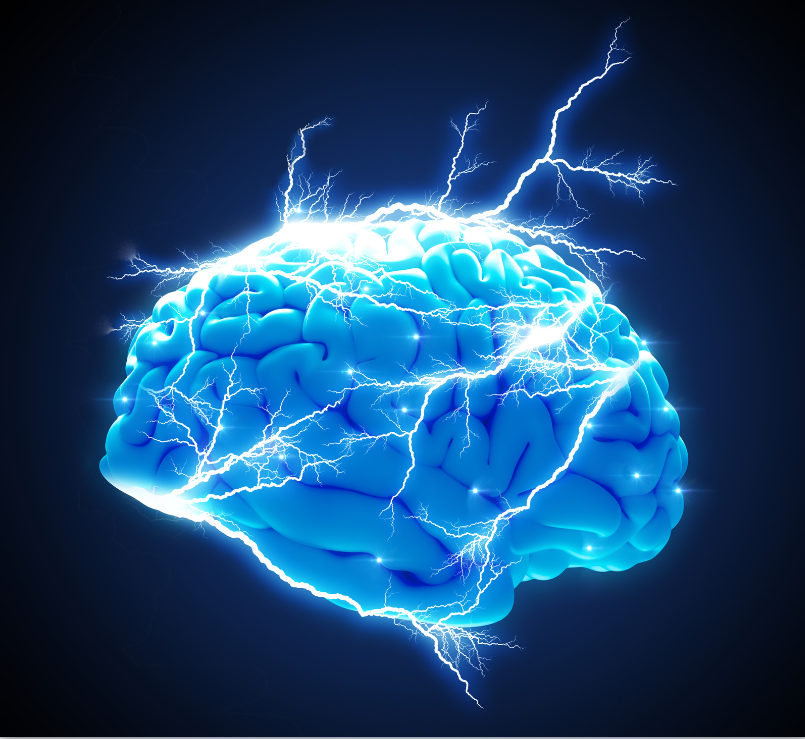
February 5 @ 11:00 am - 12:00 pm
Frontotemporal Dementia
Enhance your knowledge of young onset dementia, the unique challenges faced by the person and their families and opportunities to support someone who is living with young onset dementia.
Audiences:

February 12 @ 1:00 pm - 2:30 pm
Finding Joy and Humour in Caregiving
This educational workshop is for care partners of individuals living with dementia with a focus on looking at the lighter side of caregiving.
Audiences: